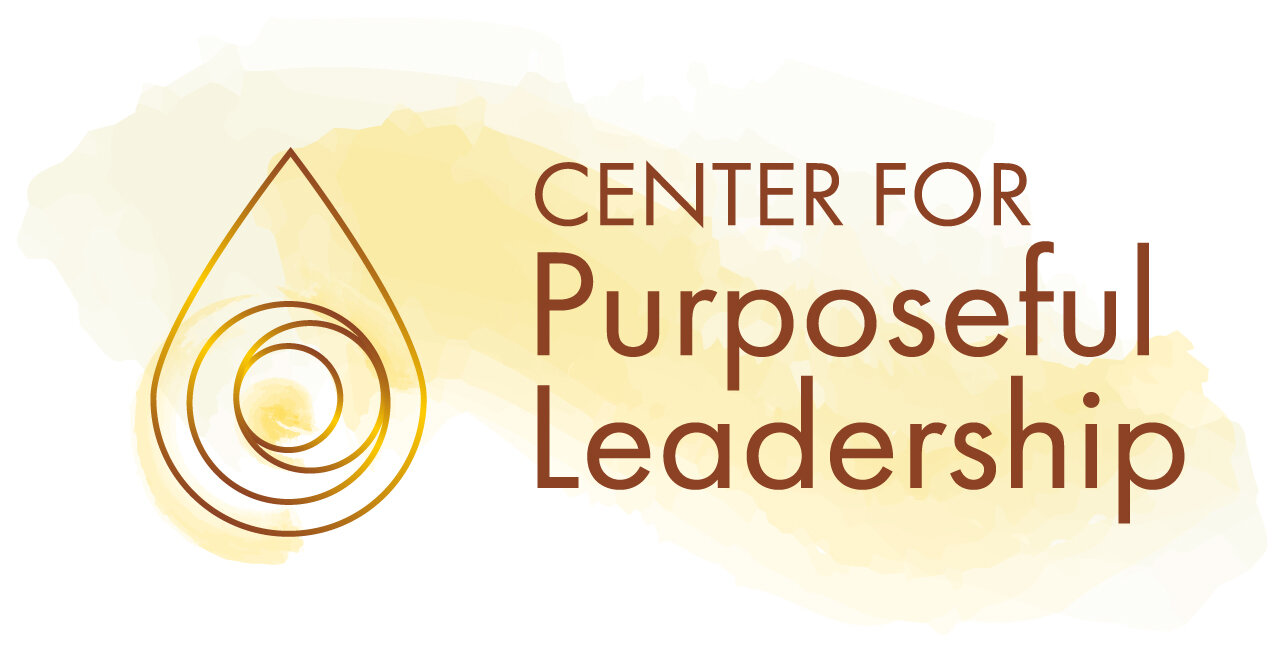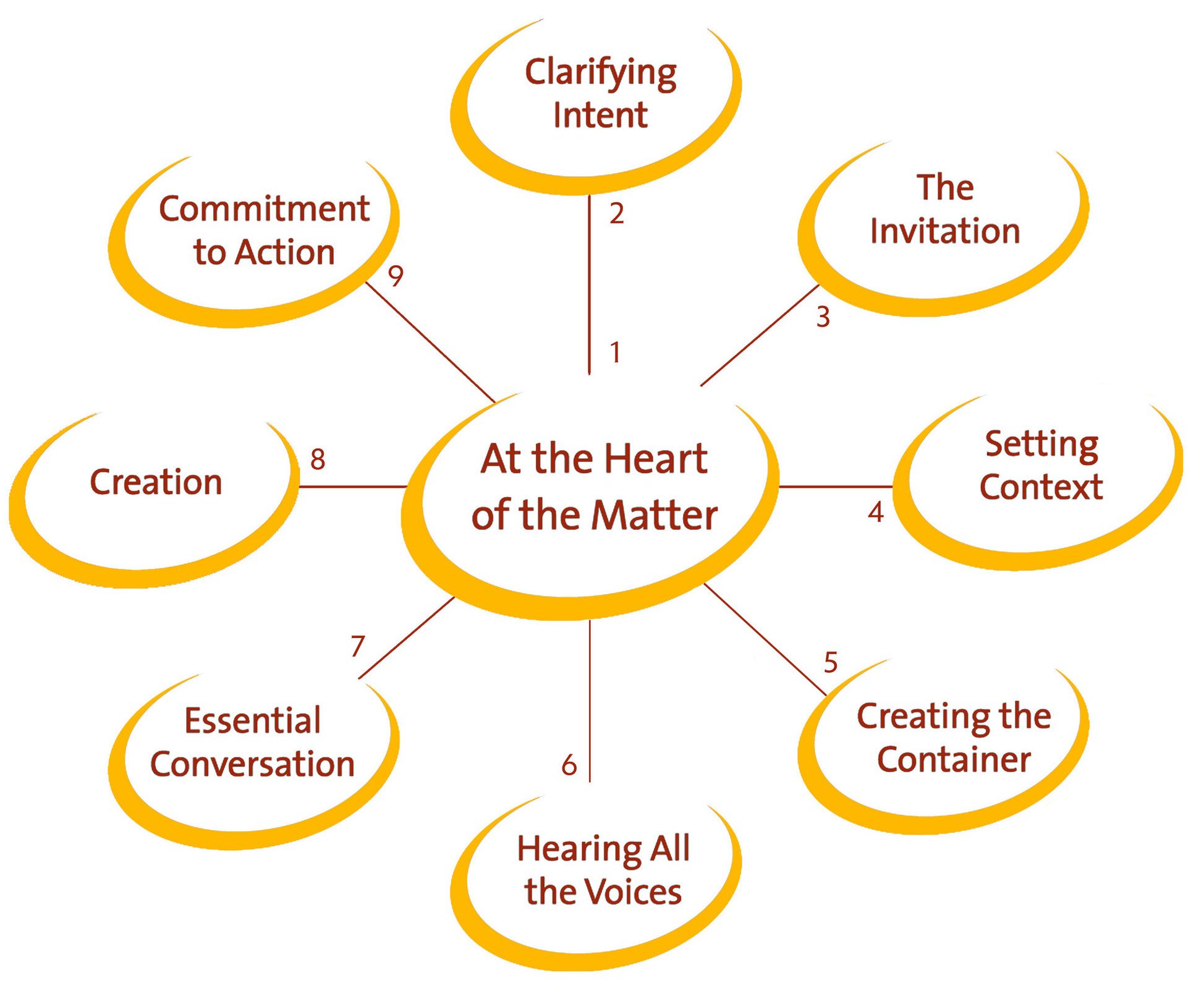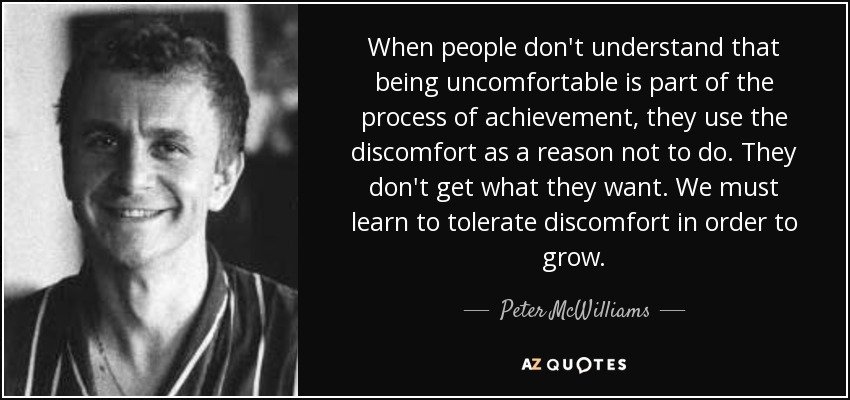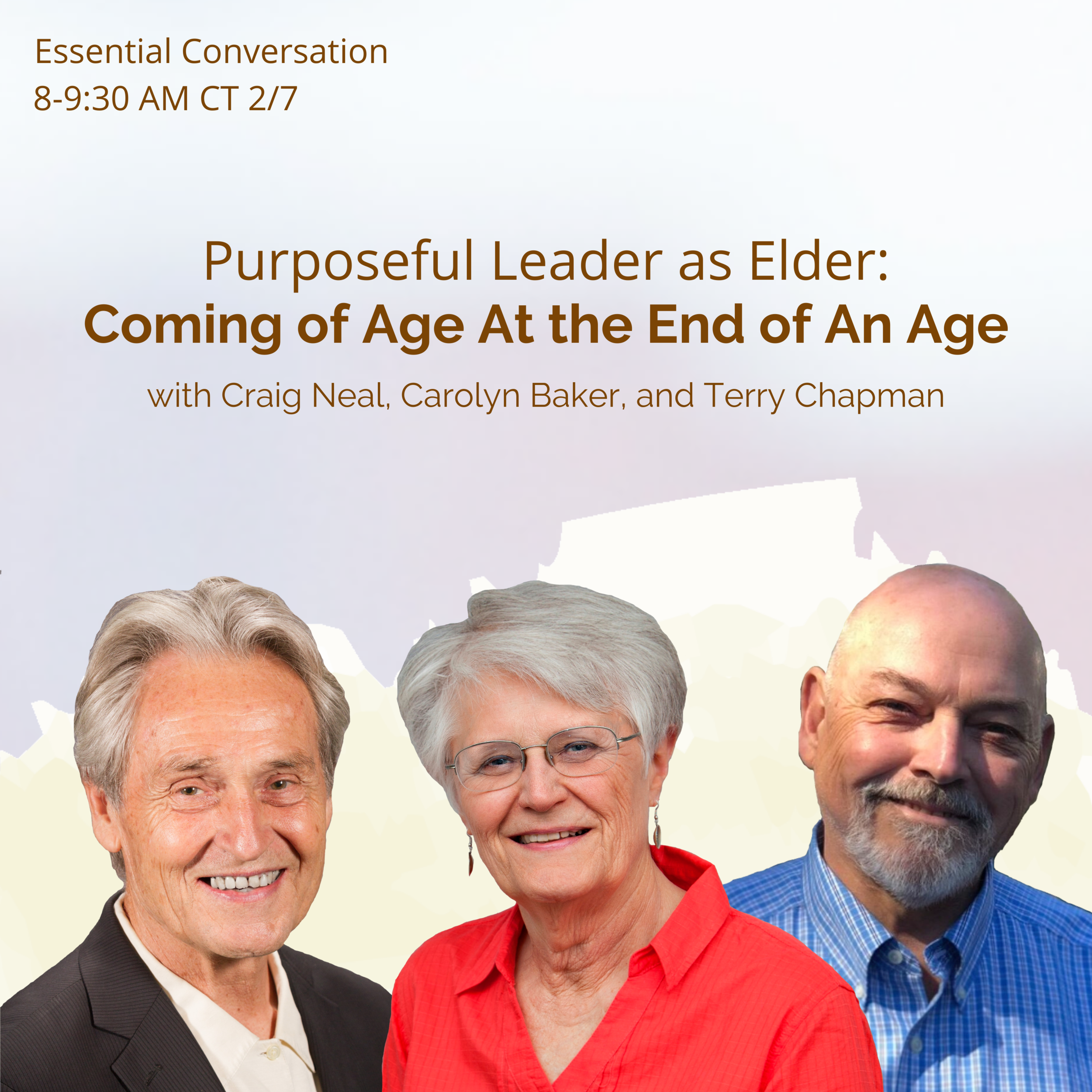An Conversation with Peter Block
/photo credit: craig neal
Tonight was a night like any other, except we got to spend it with our friend, Peter Block. He's got a new book, Community, The Structure of Belonging
Below are quotes, and unless otherwise noted, they are all vintage Peter.
Craig & Patricia
"I'm not about outcomes and results. Everything we know about high performance points to the quality of relatedness." Does the organization create the opportunity for relatedness?
Of course I care about results, but to focus on results too quickly, too soon, does not lead to change or transformation. We’ve set it up that we need "a quick hit," "go for the low-hanging fruit," "the ideas that speed, results, evidence-based matter, are antithetical to transformation.
Book excerpt: “we change the culture by changing the nature of conversation. It’s about choosing conversations that have the power to create the future."
The thread that ties all powerful conversations: a powerful conversation is one in which the person takes full responsibility for and commitment to their ownership, their authority, their citizenship.
The meme that is common to a powerful conversation is the good question. The question becomes the vehicle for a new conversation and the answer is useless.
How do we turn this ship around? Slowly. "Blowing on the bow of the Queen Mary doesn't turn the ship." We’re deduced by the saying things like “it's a critical time in history.” no it's not. That’s a self-importance that is a distraction from the things that bring us to real change.
The desire for quick results (keywords: urgency, crisis, etc.) is a defense/code against any kind of redistribution of power, or willingness to really create change. It means I don't have time to go deep, time to deal with the ambiguity or mystery of life. It’s the enemy of transformation.
Craig asks, "How do we create that spaciousness to create the depth and intimacy you speak of?"
The world isn't any more fast-paced that it used to be. There are still 24 hours in a day. If I decide to not be seduced by "quick results," "speed," etc., then time changes. If we keep reminding ourselves of what really matters, then we realize that quick results don't work.
Faith is to believe in something/give yourself over to something in the face of no proof. In the business world, the stance is to have faith that change can happen.
Leadership is the act of having faith in a future that is uncertain and unpredictable. That is when real change happens.
Change management doesn't change anything; it just repeats the old patterns.
It’s a choice to say, "Where does cause reside?"
Speaking to the questions:
If you bring people together in emergent space, how long can you keep them there? Not long. After about 3 meetings, you have to pick some simple project to act on what they’ve learned together. It’s gives people an excuse to stay engaged.
Some people are resistant/not coming to learn anything. The invitation makes a huge amount of difference. It has to warn people that we are here to connect with one another and invest in relationships with those who have come.
Meeting design is important: shift the context from problems to possibilities
• Structure the meeting to include small groups.
• Ask people to be with people they know least.
• You have to stop people from giving advice. Tell them: Don’t be helpful, don’t give answers. Help is just a wish to maintain control and exert power over another.
• No tables, and sit with your knees 9” away from one another.
• Ask people to speak to what matters to them.
• Have people switch groups 2 or 3 times, so that people know their small group isn’t unique, special.
• Being in a small group, in a witness.
The thing you came to complain about: what have you done to contribute to the problem?
Story: most of us are trapped in our story. You have to help people let go of their story. Ask people how their story is a limitation to the change needed.
Speed is life. The only way to deal with that is to ask, “Are you interested in a future distinct from the past?”
Our communities in crisis. The truth is our communities have been in crisis for a long time. The people who are most vulnerable in our society are those without a support system, without a sense of belonging or connectedness.
Questions that put people on the line: Who would you betray if something changed? What’s the gift you’ve not yet brought into the world?
What can we do to lessen the fear? The only way to deal with fear is to name it. Once I’ve named, the power is taken away. It doesn’t necessarily take away the fear, but takes away the power. I no longer have to treat it like it matters.
Are we story-less? I don’t have to give up my story, but I just need to know it’s a story. I don’t want to take my identity from my story, or the future won’t be different. My story is a limitation.
The challenge in life is to convert fate to destiny.
The first-world is bent on achieving things that are ultimately unsatisfying.





![[Hearth] Voices from Ukraine: Part 2](https://images.squarespace-cdn.com/content/v1/58a4e3be9de4bb98b066fd6f/1647955546471-VUGA4FCGFEUYJ29TEQVA/sunforest-mix-sunflower-types-1586794598.jpeg)








